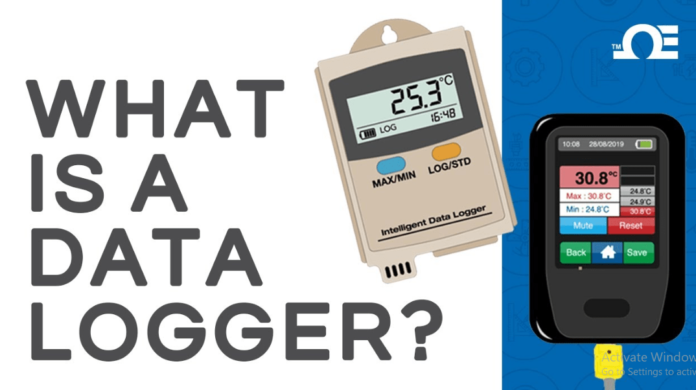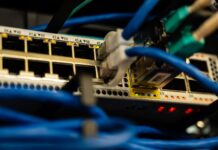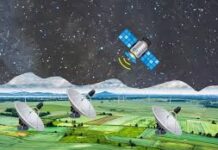Data loggers, as the name suggests, are devices that collect and record data. Their job is to monitor equipment and environmental conditions, such as temperature, in a consistent and accurate manner. The data logger such as Mezmo provides a much more reliable snapshot of conditions than a human monitor including collecting a much higher rate of data.
So many factors affect the accuracy of the data collection when done by human hands, for example the person doing the collecting, the location of the collection, the difficulties that may arise to collect information from the same exact spot and the integrity of the recording. Data loggers provide a picture of the environmental conditions being monitored by automatically collecting data for the duration of the monitoring period.
Types of data logger
Temperature loggers are probably the most common of the data loggers. In many industrial settings it is vital to maintain a specific temperature or ensure that temperatures do not rise or fall beyond specific parameters.
This may include industries that work or store food, equipment that is sensitive to temperature and safety factors. Cold storage and the storage of hazardous and toxic goods all need accurate data reading and alert systems to prevent catastrophic results.
Data collected by temperature loggers will indicate fluctuations in temperature in equipment which can indicate the condition of the equipment.
The data logger can send an alert when the temperature goes out of the proscribed boundaries and maintenance can be carried out before problems arise.
Also Read: Secure Your Enterprise Data With Data Leak Prevention
Data loggers also monitor:
- Pressure of water and atmospheric pressure in gases and liquids.
- Voltage measurement such as load to force and pressure to torque.
- Humidity in standard or metric units including relative humidity, water vapour concentration and dew point.
- AC and DC current for preventative maintenance on all electric equipment and machinery.
Other applications of data logging may include soil moisture level recording, weather station recording, gas pressure vessel monitoring and hydrographic monitoring.
Remote monitoring
Data loggers come in a range of designs to suit the conditions and function for which they are required. For harsh conditions ruggedized cases and implementation ensures that the data is reliably collected. For remote locations, memory cards and solar or battery power are recommended options. The data loggers can also transfer the collected information wirelessly.
Individually configured
Data loggers are generally configured to meet the needs of the business, including the number of channels from just one to up to 100. The device will read sensors placed in strategic locations according the needs of the business. Sensors can collect temperature voltage, current, water pressure, hydraulic pressure, flow rate, speed, wind speed, wind direction, rainfall, solar radiation, GPS data and much more. Many data loggers are able to collect both analogue and digital inputs.
Before choosing a data logger take some time to consult with an expert who can guide you to the device that will work best for your business. You can then make a considered choice to suit your particular monitoring requirements, the location and environmental conditions your data logger will need to meet as well as your budget.
Also Read: How to Maintain Data Quality in a Business Organization











